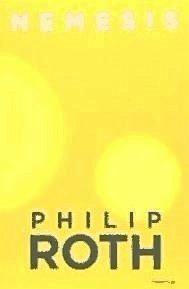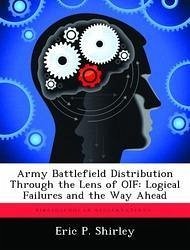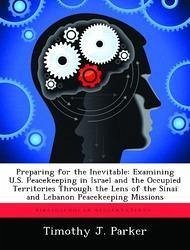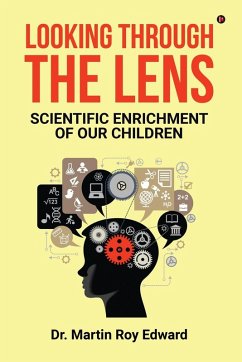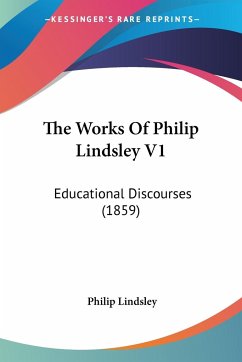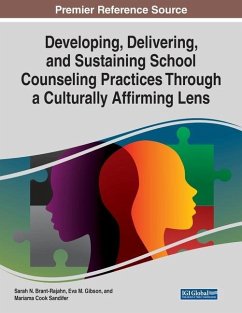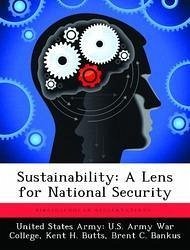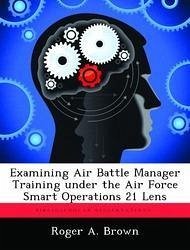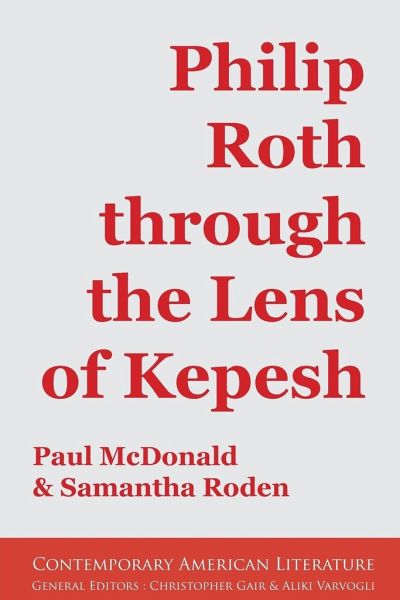
Philip Roth through the Lens of Kepesh
Versandkostenfrei!
Versandfertig in 1-2 Wochen
18,99 €
inkl. MwSt.

PAYBACK Punkte
9 °P sammeln!
The Kepesh trilogy spans three decades of Philip Roth's career, beginning with The Breast in 1972, and continuing with the Professor of Desire in 1977 and The Dying Animal in 2001. This study demonstrates that the trilogy is not only worthy of critical analysis in its own right, but also that an appreciation of its themes and strategies deepens our understanding of his entire fictional enterprise, offering an invaluable perspective on one of the world's most important novelists. Paul McDonald works at the University of Wolverhampton where he is Senior Lecturer in American Literature, and Cours...
The Kepesh trilogy spans three decades of Philip Roth's career, beginning with The Breast in 1972, and continuing with the Professor of Desire in 1977 and The Dying Animal in 2001. This study demonstrates that the trilogy is not only worthy of critical analysis in its own right, but also that an appreciation of its themes and strategies deepens our understanding of his entire fictional enterprise, offering an invaluable perspective on one of the world's most important novelists. Paul McDonald works at the University of Wolverhampton where he is Senior Lecturer in American Literature, and Course Leader for Creative Writing. Among his other HEB titles are The Philosophy of Humour (2012), and Reading Beloved (2014). Samantha Roden is a Lead Practitioner for English at North East Wolverhampton Academy. She writes educational resources, digital pedagogical guides and conducts national webinars for Cambridge University Press. Her first full collection of poetry, Catch Ourselves in Glass, is forthcoming.



